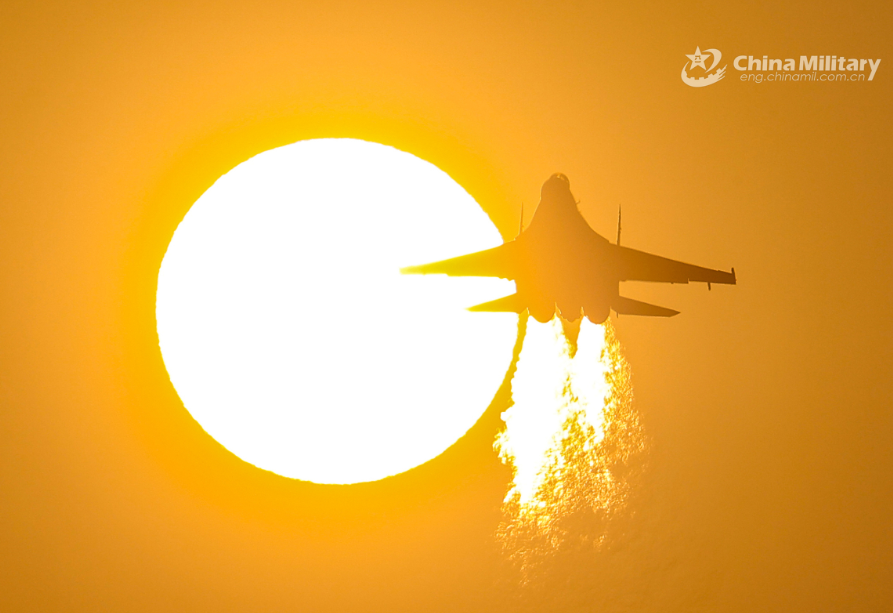
President Xi Jinping’s timelines for military modernization “are very different from timelines for aggression,” the Pentagon’s senior official for Indo-Pacific security said Thursday.
Ely Ratner, speaking at the Center for Strategic and International Studies, said, nonetheless, China’s leadership “increasingly is turning to the PLA [People’s Liberation Army] as an instrument of coercion” in the Taiwan Strait and the East and South China Seas.
The PLA “is now in the forefront to achieve [China’s] revisionist objectives.”
In addition, Ratner said China’s unprecedented pace of modernization of its conventional and nuclear forces is proceeding without transparency and extending into cyber and space. He repeatedly said “military-to-military communications are not where we want them to be.”
“Fits and starts are not substitutes” for open lines of communications available to defuse a crisis from escalating to conflict. “We don’t have the habit of communication.”
He said the next congressionally required China Military Report will spell out the Pentagon’s “clear-eyed [appraisal] about the PLA’s capabilities” and how the United States and its allies will “rise to the challenge.”
The annual report is expected to be released later this month.
“Conflict is neither imminent nor inevitable,” he said.
Ratner said in the past year the United States has deepened its alliances and partnerships across the Indo-Pacific. Among the accomplishments he cited was Japan’s decision to invest in counterstrike capabilities, signing a major security technology agreement with India, gaining access to four more installations in the Philippines, reaching a defense cooperation agreement with Papua New Guinea and supporting Taiwan’s self-defense.
On Taiwan’s defense, he added, “we have to get the balance right with a bias to asymmetric capabilities” to repel an amphibious invasion.
Ratner said the U.S. position on Taiwan’s future remains unchanged: no unilateral change in its status and “we do not support independence.”
Taiwanese voters will go to the polls in January to select a new president.
When asked about the implications of China blockading Taiwan rather than invading, Ratner said the instant it begins, “the global economy falls through the floor.” He added “no is immune from the economic pain” and its effect will be greater than that from the COVID-19 pandemic.
He predicted the global reaction to a blockade would backfire on China.
“The costs are very high; the risks are very high” if China tries to enforce a blockade by attacking commercial vessels.
“A shared vision for the region that is what our military is there to support.”
He added, that “intentions matter” in base locations. In the United States, the new mobile and distributed force posture in Japan, Australia and elsewhere “is to maintain the status quo and a free and open Pacific.”





